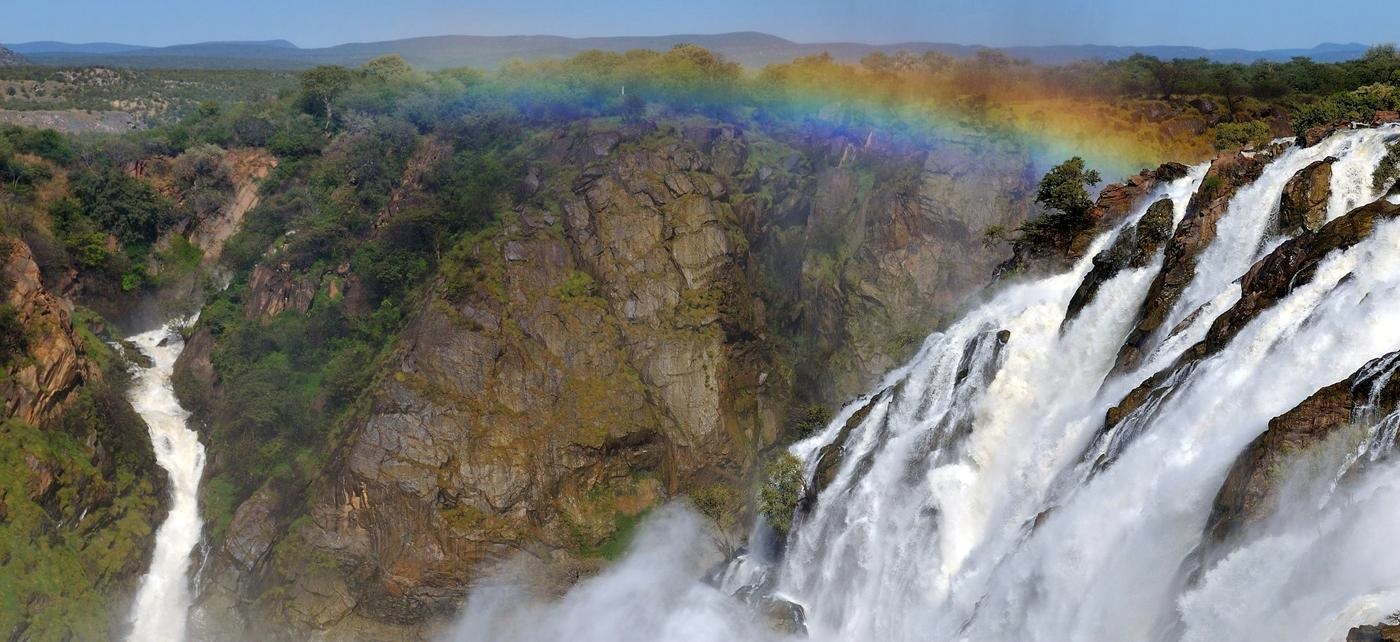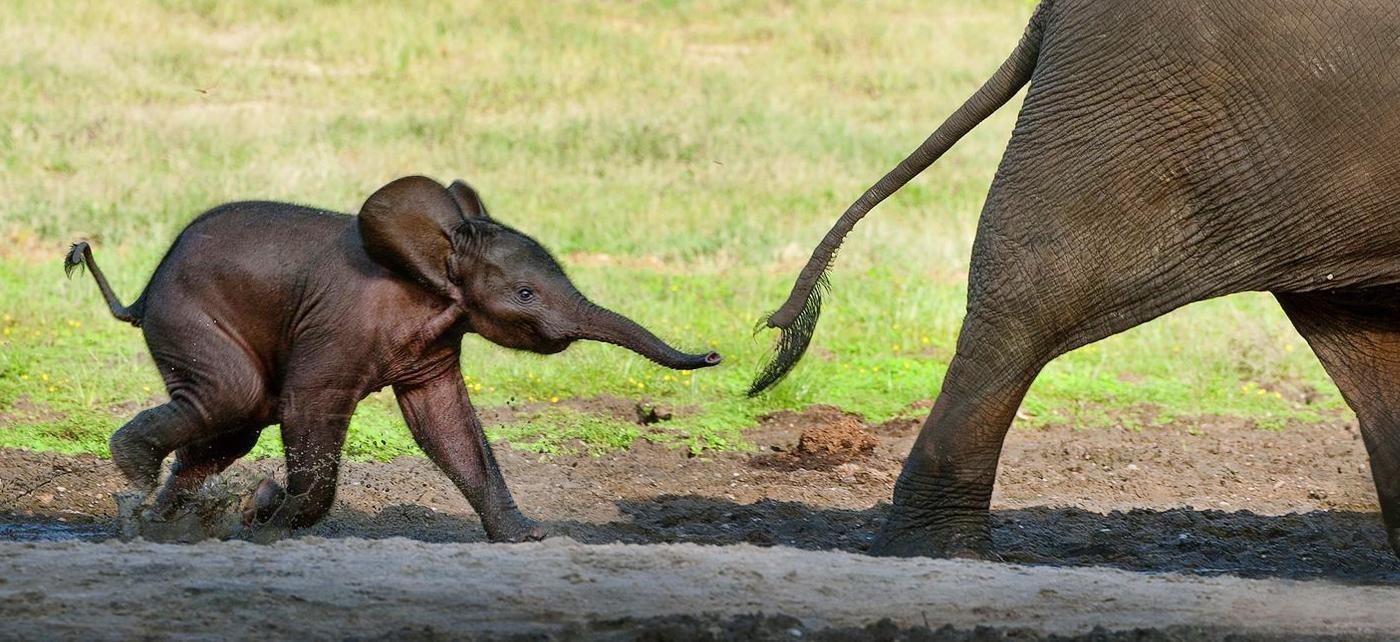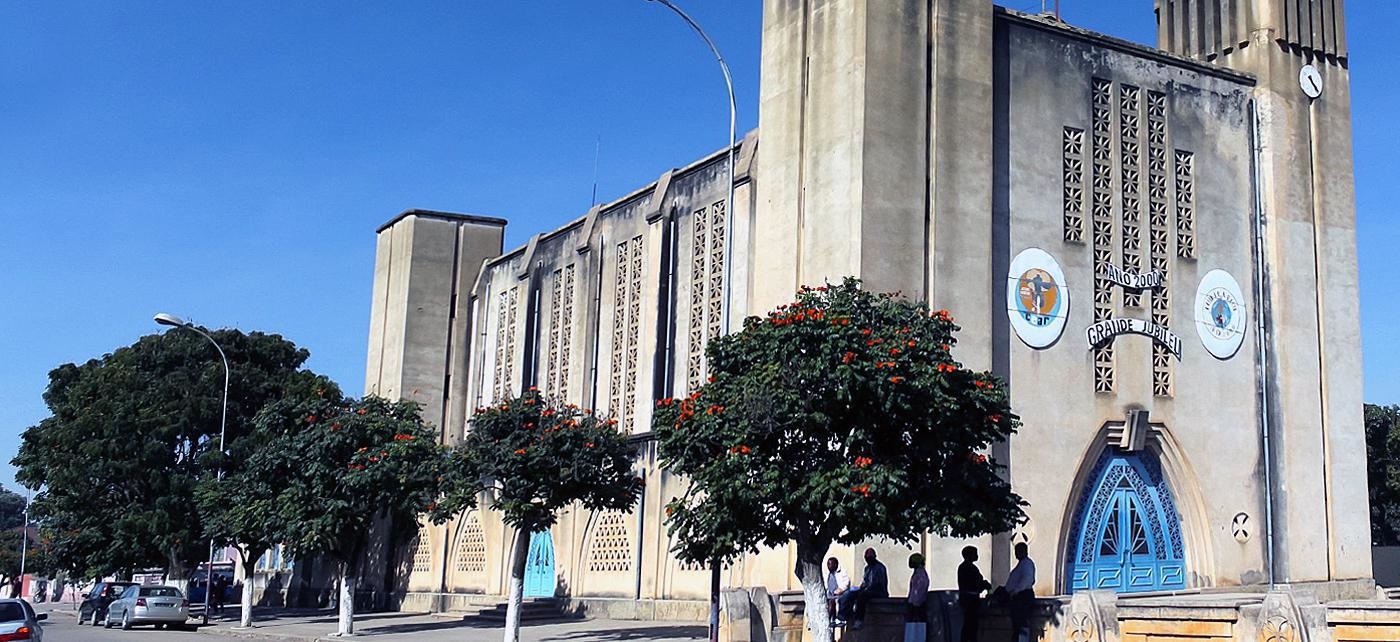Angola, officially the Republic of Angola, is a country in south-central Africa bordered by Namibia on the south, the Democratic Republic of the Congo on the north, and Zambia on the east; its west coast is on the Atlantic Ocean with Luanda as its capital city. The exclave province of Cabinda has borders with the Republic of the Congo and the Democratic Republic of the Congo.
The Portuguese were present in some�mostly coastal�points of the territory of what is now Angola, from the 16th to the 19th century, interacting in diverse ways with the peoples that lived there. In the 19th century they slowly and hesitantly began to establish themselves in the interior. Angola as a Portuguese colony was not established before the end of the 19th century, and "effective occupation", as required by the Berlin Conference (1884) was achieved in the 1920s as with most African colonies. After independence, Angola was the scene of an intense civil war from 1975 to 2002.
Khoisan hunter-gatherers are the earliest known modern human inhabitants of the area. They were largely replaced by Bantu tribes during the Bantu migrations, though small numbers remain in parts of southern Angola to the present day. The Bantu came from the north, probably from somewhere near the present-day Republic of Cameroon. When they reached what is now Angola, they encountered the Khoisan, Bushmen and other groups considerably less technologically advanced than themselves, whom they easily dominated with their superior knowledge of metal-working, ceramics and agriculture. The establishment of the Bantu took many centuries and gave rise to various groups who took on different ethnic characteristics.
With an area of approximately 7,283 square kilometers (2,812 sq mi), the Northern Angolan province of Cabinda is unique in being separated from the rest of the country by a strip, some 60 kilometers (37 mi) wide, of the Democratic Republic of Congo (DRC) along the lower Congo River. Cabinda borders the Congo Republic to the north and north-northeast and the DRC to the east and south. The town of Cabinda is the chief population center.
According to a 1995 census, Cabinda had an estimated population of 600,000, approximately 400,000 of whom live in neighboring countries. Population estimates are, however, highly unreliable. Consisting largely of tropical forest, Cabinda produces hardwoods, coffee, cocoa, crude rubber and palm oil. The product, for which it is best known, however, is its oil, which has given it the nickname, "the Kuwait of Africa". Cabinda's petroleum production from its considerable offshore reserves now accounts for more than half of Angola's output. Most of the oil along its coast was discovered under Portuguese rule by the Cabinda Gulf Oil Company (CABGOC) from 1968 onwards.


